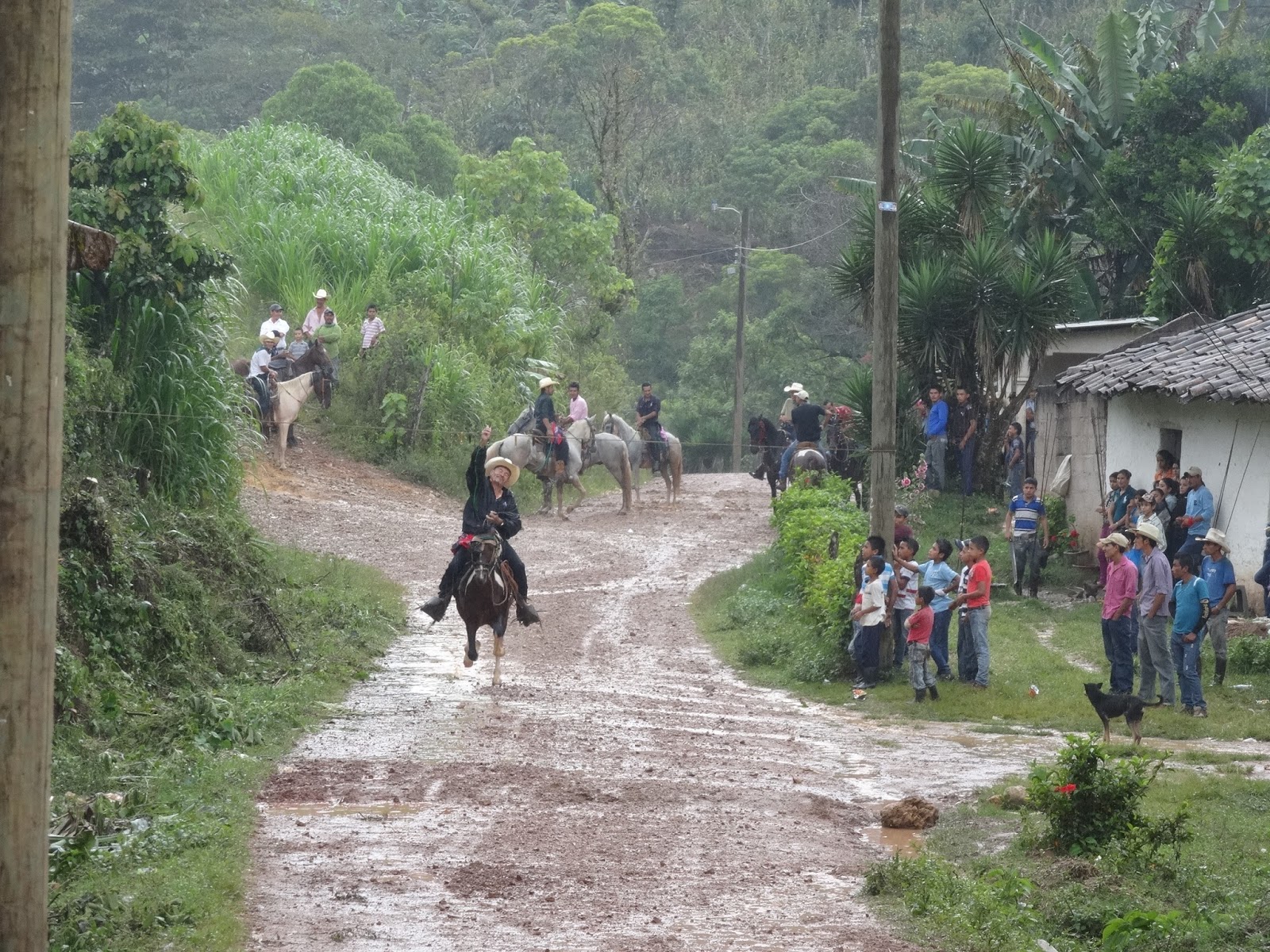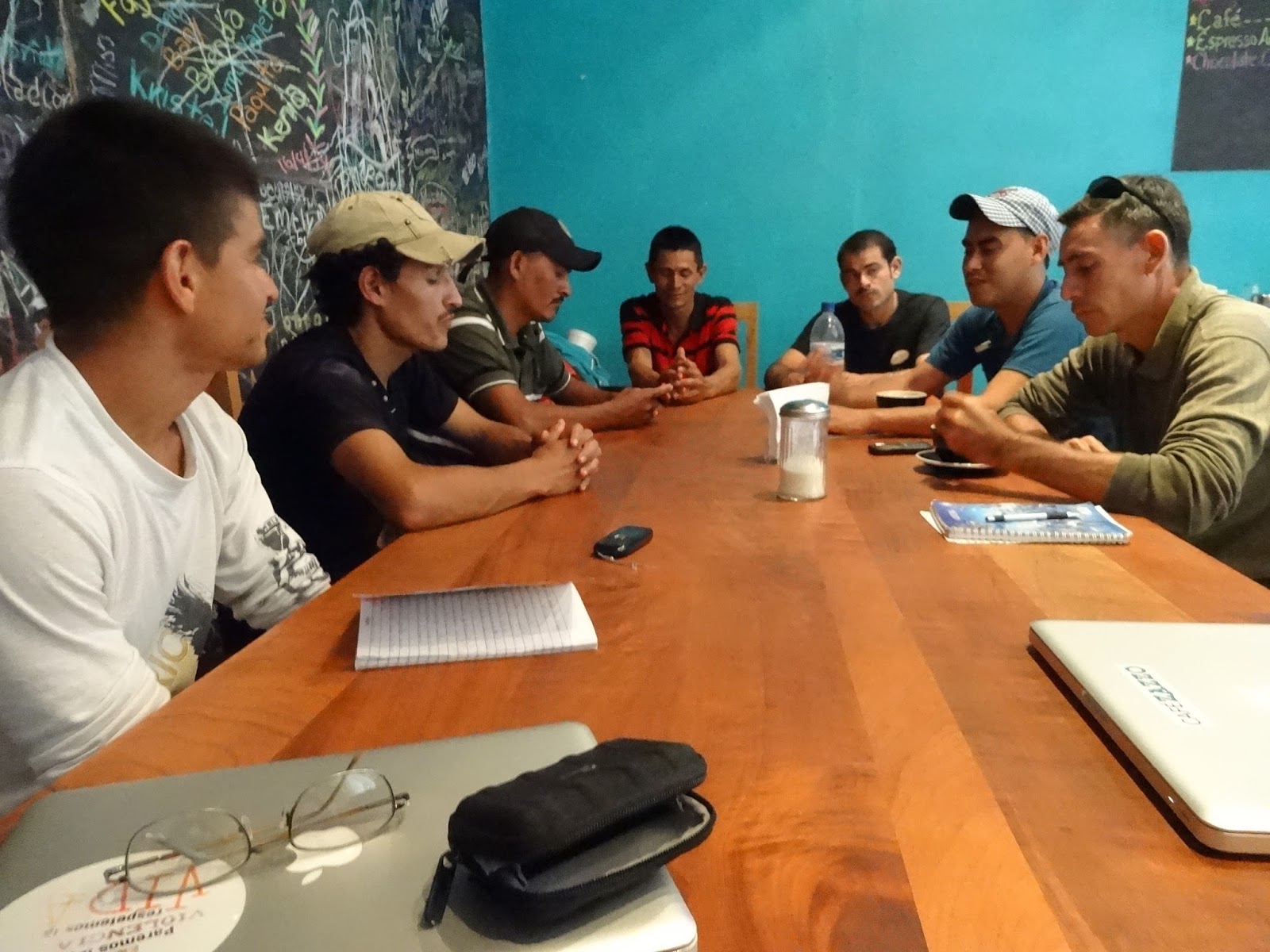“Is there anyone here who has the dream of being poor?”
These are the words that began Padre German’s homily on
Sunday in El Zapote de Santa Rosa.
The community was celebrating its patron saint, Francis of
Assisi, on Sunday, since Padre German had gone to at least two other villages
on October 4, the feast of St. Francis.
 |
| El Zapote de Santa Rosa Church |
Padre German noted that Saint Francis did seek to be poor.
He saw poverty as unfastening oneself from things. The Spanish word he used is
“desprendimiento” which is sometimes
translated as “detachment.” But I think, in the context of St. Francis, it
might better be thought of as unfastening oneself.
We fear poverty, Padre German went on, for many reasons. We
fear that no one will notice us or take us into account. We fear that we will
die of hunger.
 |
| In the chapel of the Franciscan Sisters in Gracias |
I think I’d add that we want security, we want to have
things our way and so we fear the insecurity of poverty. And so we seek to keep
things – and getting more things to keep. An example Padre German gave was
keeping clothes that we do not need or have outgrown or even keeping infant
walkers even while the kids are 16 years old!
But Francis sought a Holy Poverty.
What was that?
First of all, I think it must be contrasted to what I’d call
“perverse poverty,” the poverty which oppresses people, which keeps them down.
It’s the poverty I see all around me, the poverty brought on by injustice,
inequality, envy, and violence.
I think it must not be reduced to a spiritual poverty, where
we only are detached in our minds from things. Nor should it be reduced to a
poverty of solidarity.
For Francis, poverty was real. He didn’t go around with a
backpack full of supplies. He insisted on working for his food and, when that
wasn’t possible, begging.
He insisted on going out to the byways of the world, where
people lived, and also to those marginal places, with lepers and other
outcasts.
His poverty was real.
What does that mean for people like me?
It means not only solidarity, but also letting go and being
concerned only about the necessary.
And what is the necessary here in western Honduras?
Being present to the people.
Being with them as they deal with poverty and violence.
Being with them as they begin little projects to make life
better for them and their families.
Being with them and helping the world to see them in their
joys and sorrows, in their successes and failures, in their struggles and
pains.
What do I need to do this?
Grace.
Presence with the people.
Freedom.
Over the altar in El Zapote, the people had placed three
words that struck me as profound:
Francisco, hombre
libre.
Francis was free to leave beyond all, including his social
contacts, to live with his brothers in poverty, sharing the Good News with the
poor.



























